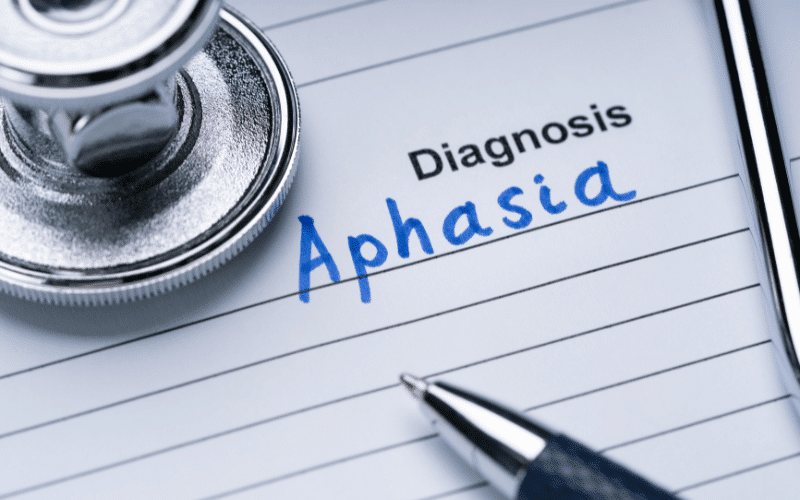Frequently Asked Questions about Broca’s and Wernicke’s Aphasia
Advertisements
 Advertisements
Advertisements
1. Can individuals with Broca’s or Wernicke’s Aphasia understand language?
People with Broca’s Aphasia usually have a better grasp on understanding language compared to expressing it. On the other hand, those with Wernicke’s Aphasia often struggle with language comprehension even though they may be able to form fluent sentences.
2. Is Aphasia a degenerative condition?
Aphasia is not inherently degenerative. It does not worsen over time like some neurological conditions. However, without appropriate therapy and intervention, an individual’s communication skills might not improve.
3. Can children be diagnosed with Broca’s or Wernicke’s Aphasia?
While aphasia is more common in adults, particularly those over the age of 60, children can also be diagnosed with the condition. This generally happens when a child has suffered from a brain injury or stroke that affects the language areas of the brain.
4. Are Broca’s and Wernicke’s Aphasia permanent conditions?
The permanence of these conditions can vary. Some individuals may experience a complete or near-complete recovery, while others might have long-lasting effects. The level of recovery generally depends on factors such as the extent and location of the brain damage, the individual’s age, and the promptness and intensity of therapy.
5. What technology is used in the treatment of Broca’s and Wernicke’s Aphasia?
Technological aids can greatly assist in the treatment of aphasia. This might include speech-generating devices, apps designed to aid language comprehension and expression, and software for computer-assisted therapy.
6. What lifestyle changes can help in managing Broca’s and Wernicke’s Aphasia?
Adopting a healthy lifestyle can support overall brain health. Regular physical exercise, a balanced diet, adequate sleep, and social interaction can help. In addition, engaging in regular speech and language exercises can aid in improving communication abilities.
Conclusion: The Power of Knowledge and Understanding in Aphasia
Broca’s and Wernicke’s Aphasia are complex neurological conditions that can have a profound impact on an individual’s ability to communicate and engage with the world. Despite the challenges they pose, advances in our understanding and treatment of these conditions offer hope for improved outcomes and quality of life for those affected.
Knowing the facts about these types of aphasia, including their causes, symptoms, treatment options, and impacts, can be empowering. It can shape how we interact with and support those with aphasia, contribute to research and advocacy efforts, and drive the development of therapies and resources to aid those living with these conditions.
As we continue to learn more about the intricacies of the brain and language, our ability to address conditions like Broca’s and Wernicke’s Aphasia evolves. The more we know, the better equipped we are to offer effective support and treatments, and ultimately, to improve the lives of those living with aphasia.